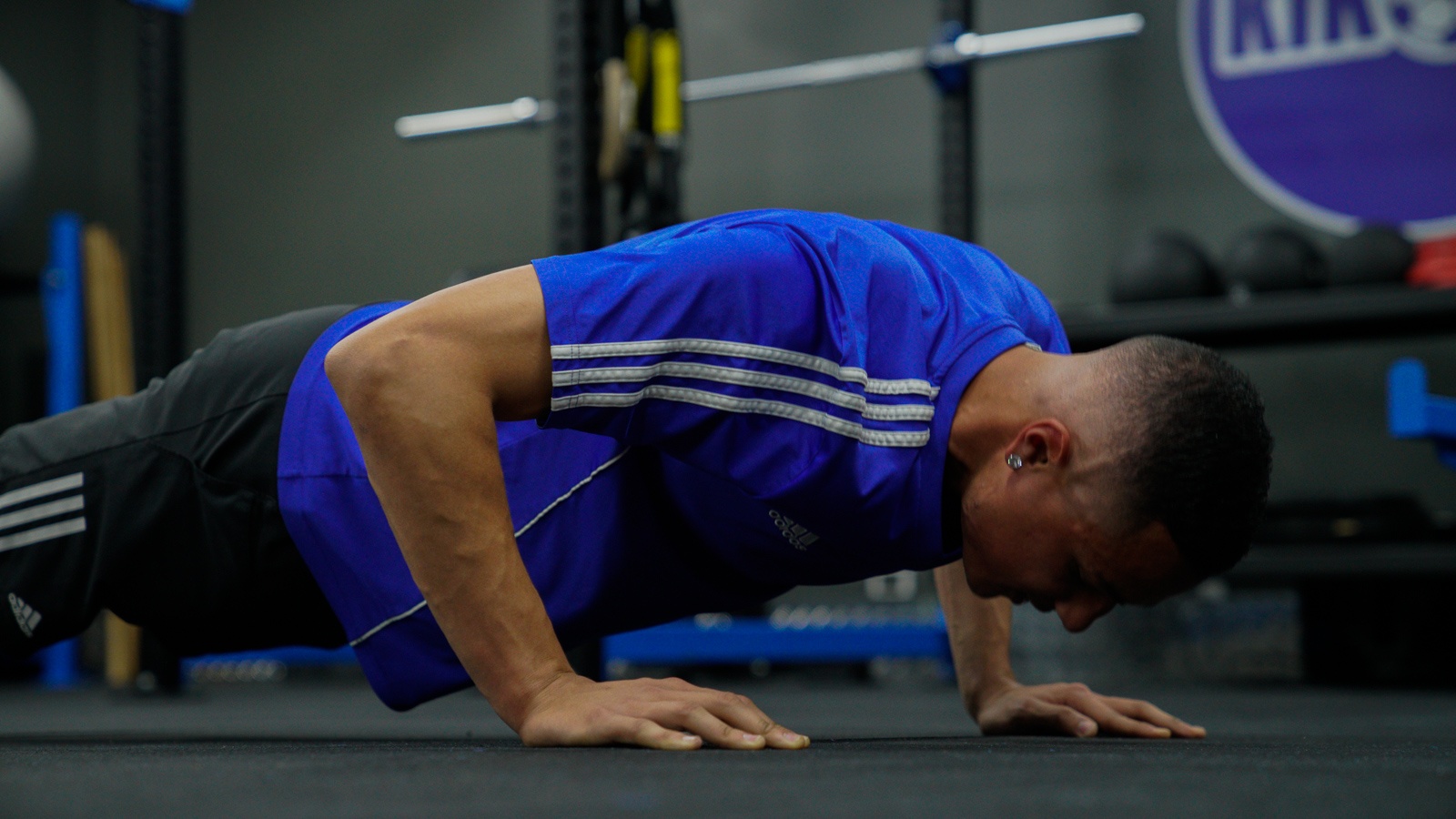Can you transform your performance on the pitch by training the one thing that very few other players choose to train?
Here is an excerpt from an article published by VICE discussing with English Professional Sports Psychologist Tom Bates about footballs failure to fully embrace the benefits of psychology:
Wilson Palacios, a former Champions League level midfielder, hasn't managed to replicate that form since his Honduras-based brother was kidnapped for ransom and killed.
Angel Di Maria, soon after his move to Manchester, was the victim of a burglary, and has subsequently failed to completely settle.
Roberto Soldado, prolific scorer for Valencia, moved to Tottenham and the goals started to elude him. News soon followed that his loss in form had coincided with a miscarriage his wife had recently suffered, and a year later, he still hasn't improved on the field.
There are, obviously, many more stories such as those, but how much does the life of a player away from football actually affect what is being produced on the field?
"The science has been corroborated, it's indisputable that the work of a psychologist is paramount to achieving athletic excellence," says Tom Bates, a performance coach who has worked with Olympic and English Premier League athletes. "Other sports have less resources than football does, but other sports have embraced psychology more than football has, and more effectively"
Bates recounts an experience he had working with West Bromwich Albion F.C.
"Even the word 'psychology' can raise a barrier for people. They think if there's a psychologist present, then they must have something wrong with them. I joke about when I first entered the building and was met by then club captain Steven Reid, who pointed at me and said 'ahh so you're the new shrink, you're here to sit me down on the couch and you'll wave that thing in front of my face' and I said no actually I'm the stretch, I'm not here to fix anything, but increase performance, help you get than extra one, two, three or four percent".
There is no doubt that psychology dramatically affects performance individually and collectively. There are countless examples of games being turned around out of nowhere, quality players who all of a sudden plummet into the abyss and even some who go from average to superstar.
If you’ve played or been involved in the game then you have no doubt witnessed or experienced the immense impact your mindset or the squads mindset has on the quality and consistency of the on pitch performances.
So, whilst you continue to work your physical, technical and tactical side of the game, don’t forget to spend some of your training time working on the psychological aspect too.
Football will soon embrace the psychology just like they did the physical side of the game not too long ago. Get a head of the opposition and start practising.
A good introduction is to begin with your pre match mental preparation.
Here are 3 basic things to get you can try straight away to get you started:
- Pre-game routine consistency. Develop a routine that works for you. We firmly believe in individualisation here at 90 Minutes and whilst one player may like to get themselves psyched up with hardcore music and high energy atmospheres, others may prefer to stay quiet and begin in a calm environment.
- Shift your focus from what your opposition does or who they are and put your full attention on YOUR game. It’s very easy to think too much about who you are marking, the level of your opponent and lose focus on what you have to do on the pitch to carry out your job effectively on the pitch.
- Visualization. People often cringe when a suggestion like this is made but this is a method of mental preparation that has been proved successful time and time again. Taking some time to imagine yourself in game situations, successfully completing passes, scoring goals, making tackles or saves can have a profound effect on performance.
Remember this isn’t a quick fix and the brain has to be trained just like everything else. Put in some consistent time and practice into training your brain and reap the benefits in life and on the football pitch.
If you want to learn a bit more about Sport Psychology and how you can use it to your benefit, have a listen to our Choose Football Podcast and hear from Mind Coach John Novak who has decades of experience working with Olympians and team sport athletes.


